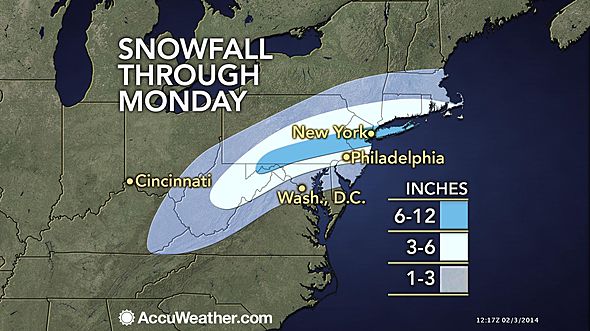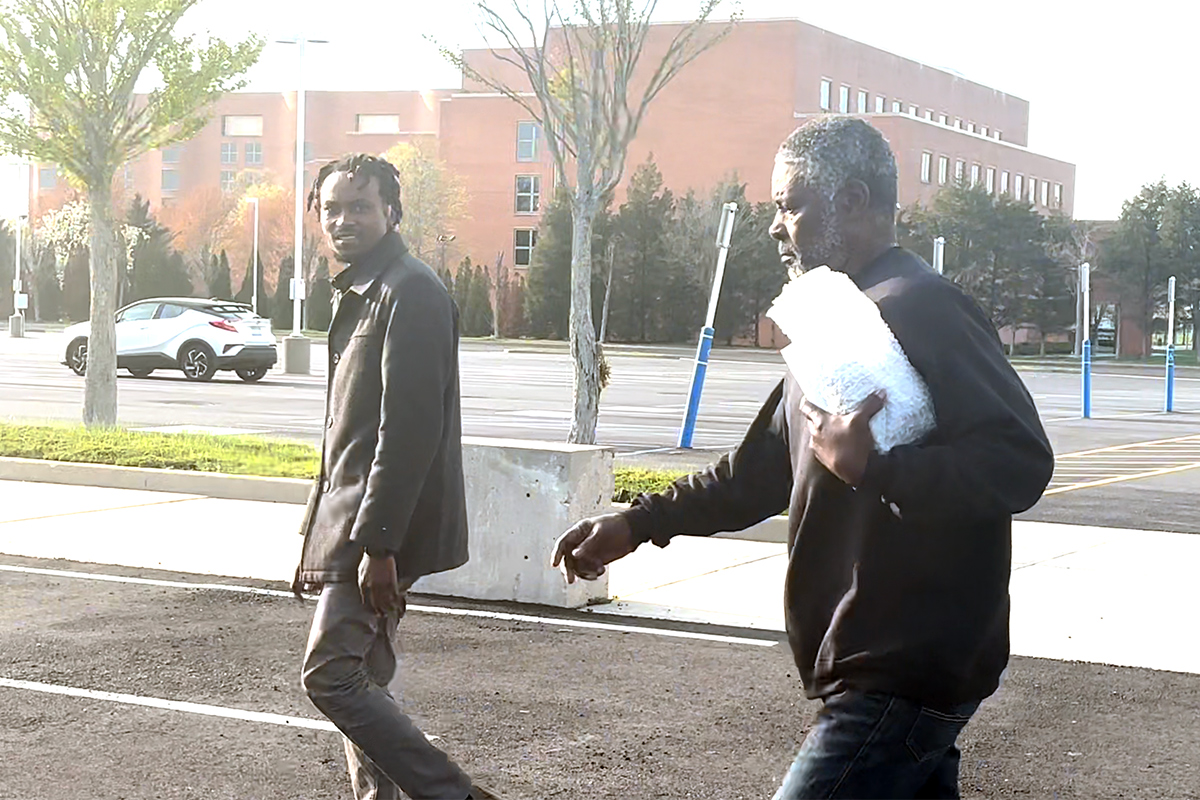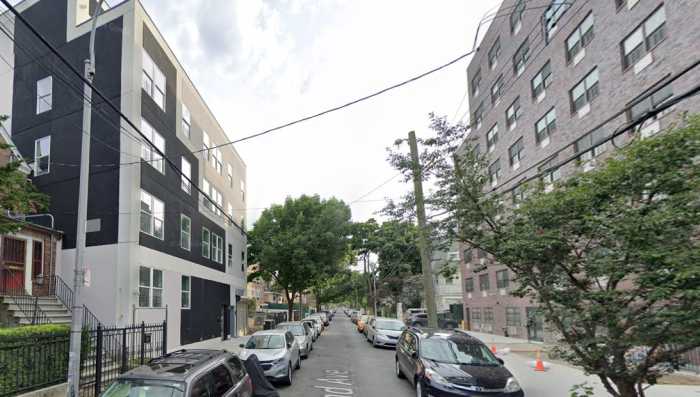 Think that recent record-breaking temperatures and accompanying snowfalls make this the worst winter ever for Great Neck and the North Shore?
Think that recent record-breaking temperatures and accompanying snowfalls make this the worst winter ever for Great Neck and the North Shore?
There have been worse, as recently as four years ago, according to Deborah Rashti, who grew up in Great Neck, went to school at St. Mary’s in Manhasset and now lives in Port Washington.
Rashti knows weather quite well as it’s central to her role as Servpro of Great Neck/Port Washington’s vice president of marketing. Servpro, with 22 branches on Long Island and over 1700 locations across the country, specializes in storm, flood and disaster recovery and restoration.
“This is not my busiest winter,” she said. “Four years ago we had a winter that was very much like this. It was just as cold as this. We had frozen pipes galore. Then last year you had the polar vortex. And that was incredible. Is this the worst? Not really.”
Rashti realizes that winter still has a way to go before it’s over and expressed apprehension about the snow and ice that still remains. “If the snow melts gradually, there’s
no problem,” she cautioned. “If, all of a sudden, we have a warm spell, it turns into a flooding situation.”
Water from a different source, a broken indoor pipe, is also a concern. “The first thing you should know is where your water shutoff valve is so you can minimize any damage,” Rashti said. “Put a big tag on it, label it and teach everyone in the house where it is.”
“Maintenance is the key to protecting your property,” she added. “Let’s take gutters. They’re a very simple thing to clean but there’s a lot of us who are guilty of not cleaning them.”
“So now you have a winter like we’re having this year and there’s no place for the snow melt to go, because your gutters are filled,” she explained. “Instead, it just sits there or it goes backwards. It’s called ice damming and once it gets in your house it goes anywhere it wants to go. You can’t even figure out where it’s going to go.”
“And don’t forget to make sure that your leaders channel water away from your foundation.”
Rashti also mentioned that the popular practice of placing wood chips around the foundation is often troublesome.
“I have wood chips around the borders of my entire house,” she said, “but I make sure that I have gravel all along the perimeter because the last thing I want to have is wood chips going directly up against my house and now I have both moisture and
a perfect environment for termites.
You need to make sure that water drains properly.”
Rashti, who’s been with Servpro eight years, also thinks that cutting expenses by carrying minimum insurance is unwise. “You spend a little less money now but in the end you’re going to have to spend more when there’s damage,” she reasoned. “It’s better to be proactive than reactive.”
For peace of mind, Rashti urges homeowners to review their insurance coverage thoroughly. “It’s critical, “she says. “I can’t tell you how many people are stunned to find out that they didn’t have coverage that they thought they had.”
Another mistake often made in cold weather is in improperly adjusting the thermostat when the house is unoccupied. “Most people think that 55 degrees is the minimum temperature you should set your thermostat at if you’re going away, but you have to be very careful about that,” she warned.
“Fifty-five degrees is what they say, but every house has a cold spot. If you’ve got the thermostat set for 55 there’s a good chance that the cold spot could have problems. So I personally would set your thermostat over 60.”
Weather forecasters, always in
for criticism when the forecasts
are wrong, have Rashti’s sympathy. “We get mad at them,” she says,
“but the truth of the matter is, all
the wind has to do is blow it off
a little bit (such as what happened in the less-than-predicted blizzard in January).”
“We got lucky. We didn’t get that much. The state is coming out with something new. In time our government officials will have better information so maybe we can be a lot more accurate. We’re almost there. We’re on the cusp of that.”
Servpro’s website (www.servpro greatneckportwashington.com) has an extensive list of tips and suggestions to protect your home in
severe weather, including advice on what to do to lessen damage until help arrives.































